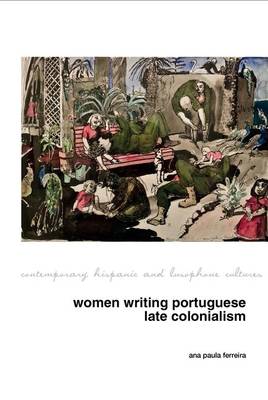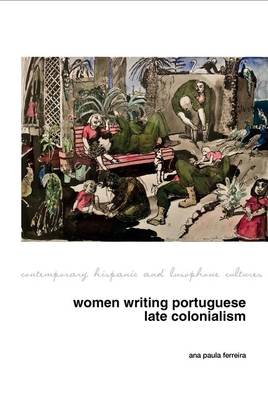
- Afhalen na 1 uur in een winkel met voorraad
- Gratis thuislevering in België vanaf € 30
- Ruim aanbod met 7 miljoen producten
- Afhalen na 1 uur in een winkel met voorraad
- Gratis thuislevering in België vanaf € 30
- Ruim aanbod met 7 miljoen producten
Omschrijving
An Open Access edition of this book is available on the Liverpool University Press website and through Knowledge Unlatched.
This book represents the first attempt to query the contribution of women as cultural agents to the colonization, the anti-colonial opposition and the decolonization of territories ruled by Portugal in the African continent between the turn of the twentieth century and the early twenty-first. In contrast to the longstanding scholarship on the subject as regards other European empires, the entanglement of gender and colonialism has been ignored in the Portuguese case. Hence, this book takes a long view, surveying mostly little known historical and literary records that evince how "women" and "colonialism" were discursively constructed at particular points in time in view of a colonialist project that became the reason for being of the fascist authoritarian regime (1933-1974). A cultural studies approach of radical contextualization informs each of the five main chapters, in which documents from a range of disciplines are brought to bear on the main problematic of the female-authored works in focus. The latter are all written in the metropole as a place of colonial return and critical reflection. Beyond recuperating women's voices, this book suggests a story of Portuguese colonialism in the African continent that is anything but Lusotropicalist.
Specificaties
Betrokkenen
- Auteur(s):
- Uitgeverij:
Inhoud
- Aantal bladzijden:
- 214
- Taal:
- Engels
- Reeks:
- Reeksnummer:
- nr. 22
Eigenschappen
- Productcode (EAN):
- 9781789622317
- Verschijningsdatum:
- 1/10/2020
- Uitvoering:
- Hardcover
- Formaat:
- Genaaid
- Afmetingen:
- 152 mm x 231 mm
- Gewicht:
- 476 g

Alleen bij Standaard Boekhandel
Beoordelingen
We publiceren alleen reviews die voldoen aan de voorwaarden voor reviews. Bekijk onze voorwaarden voor reviews.











